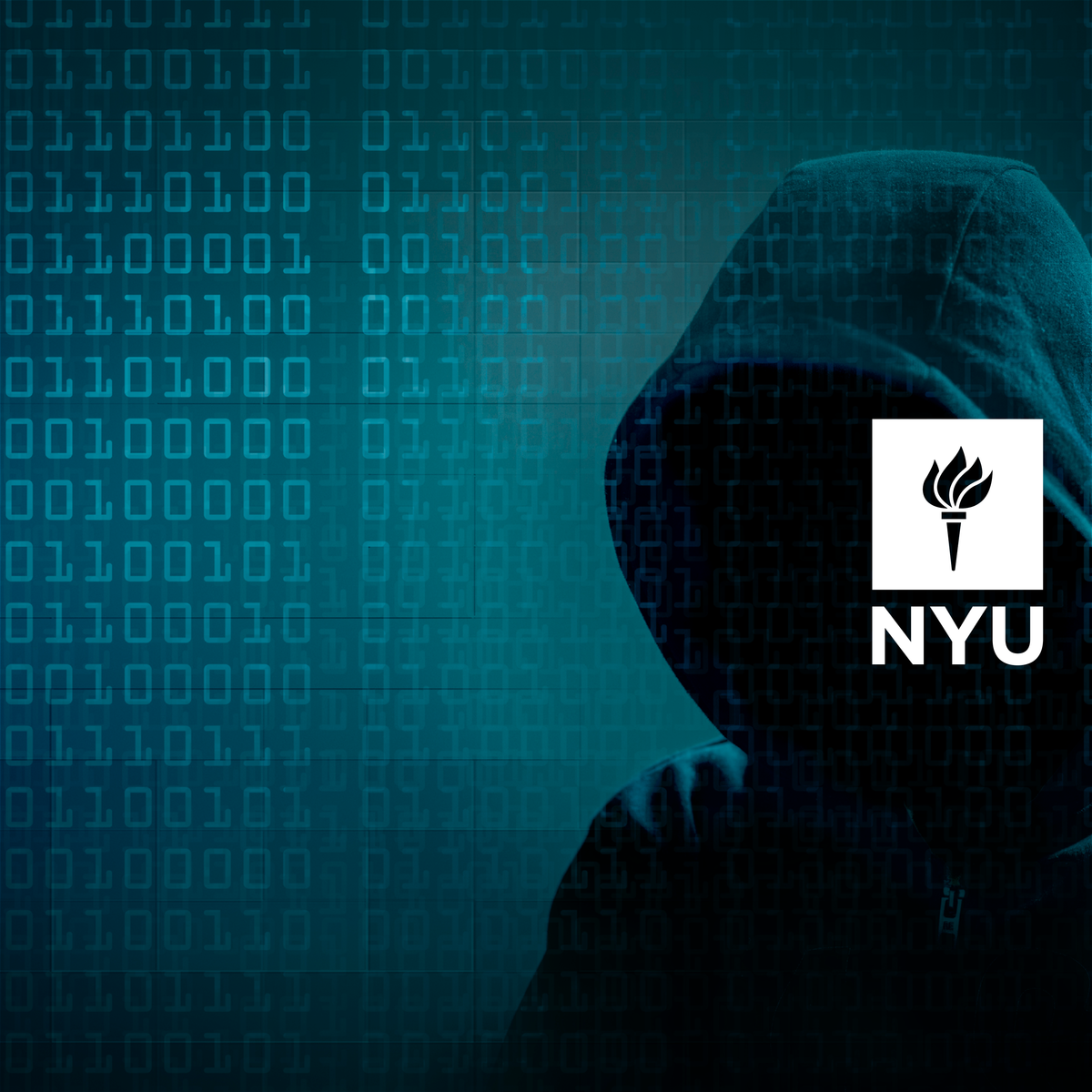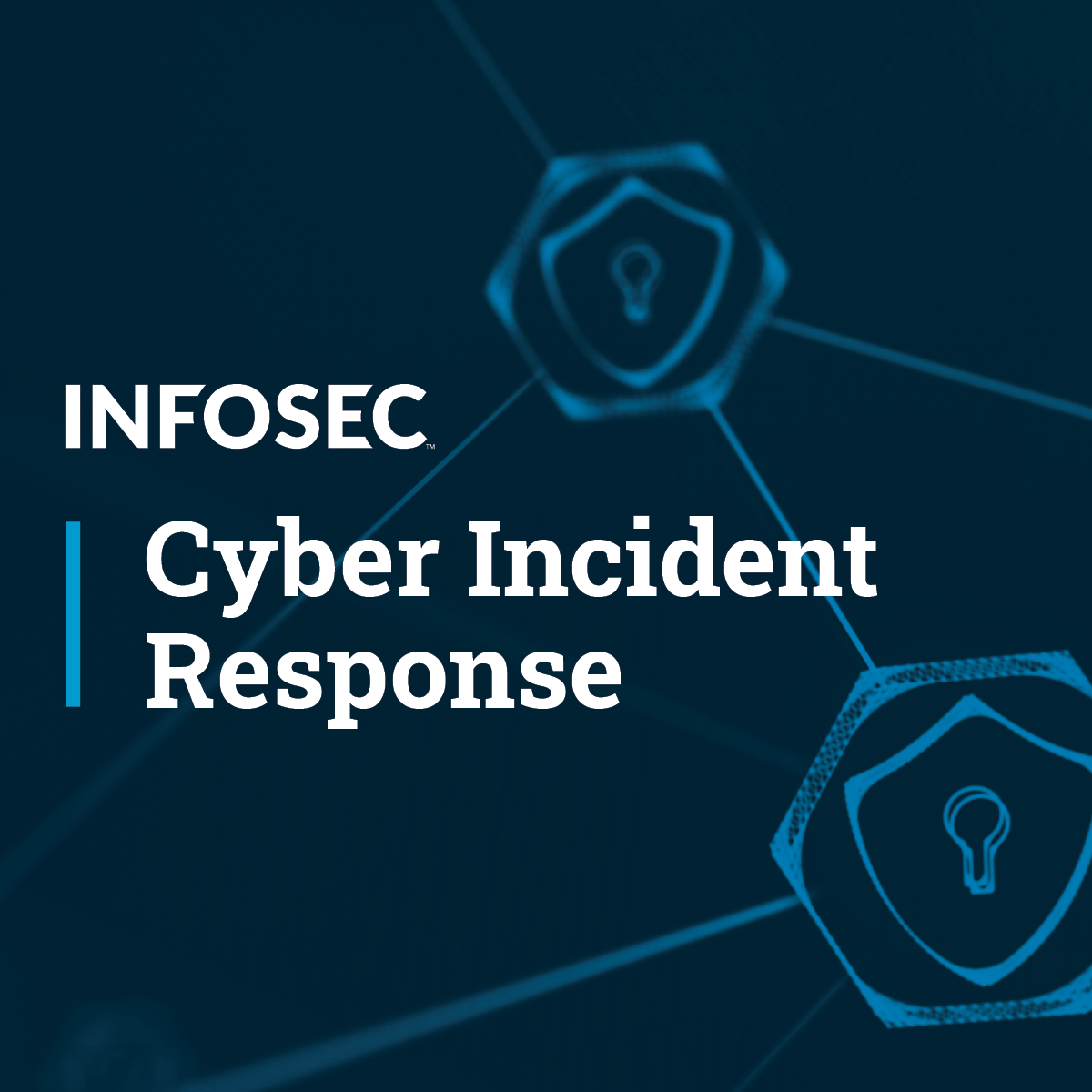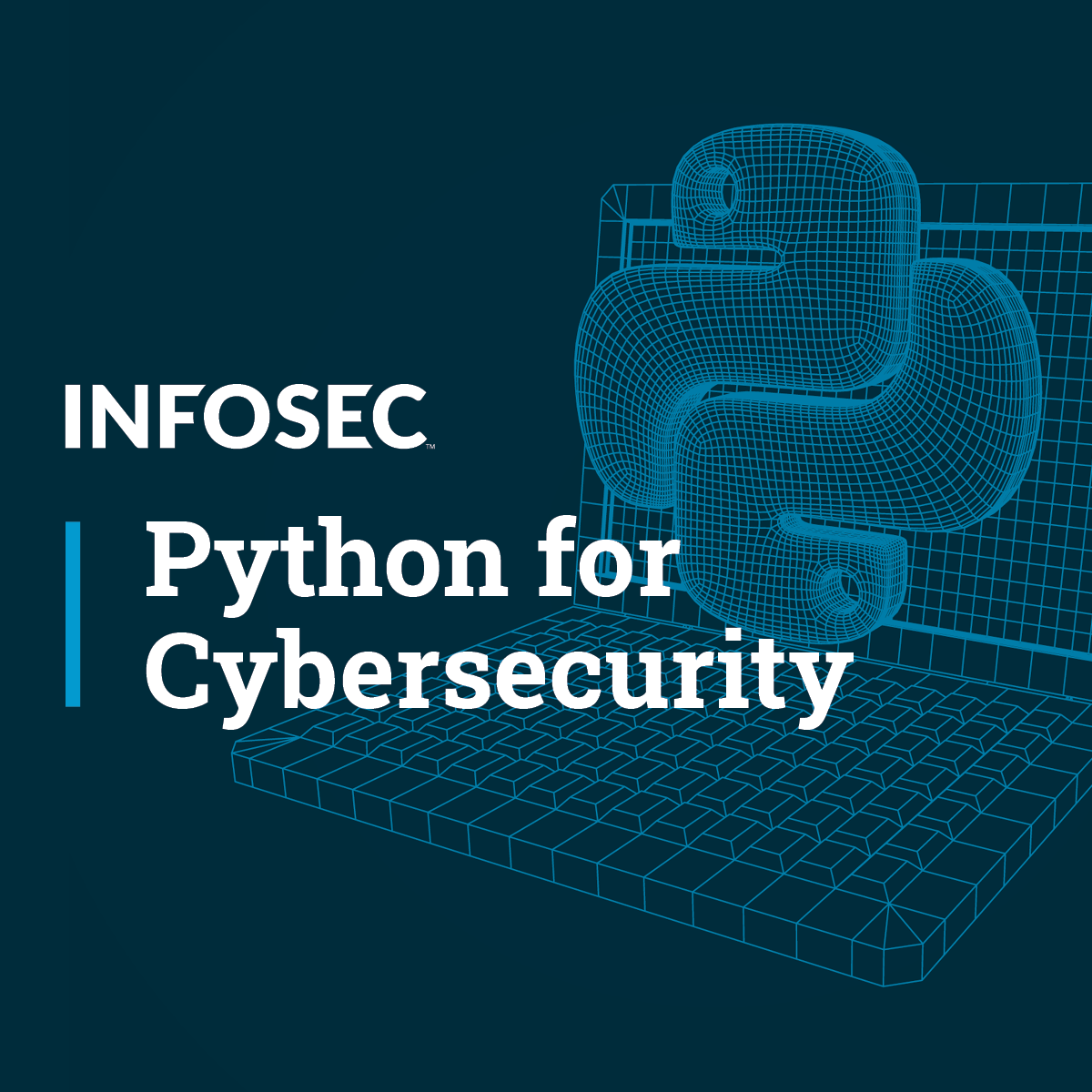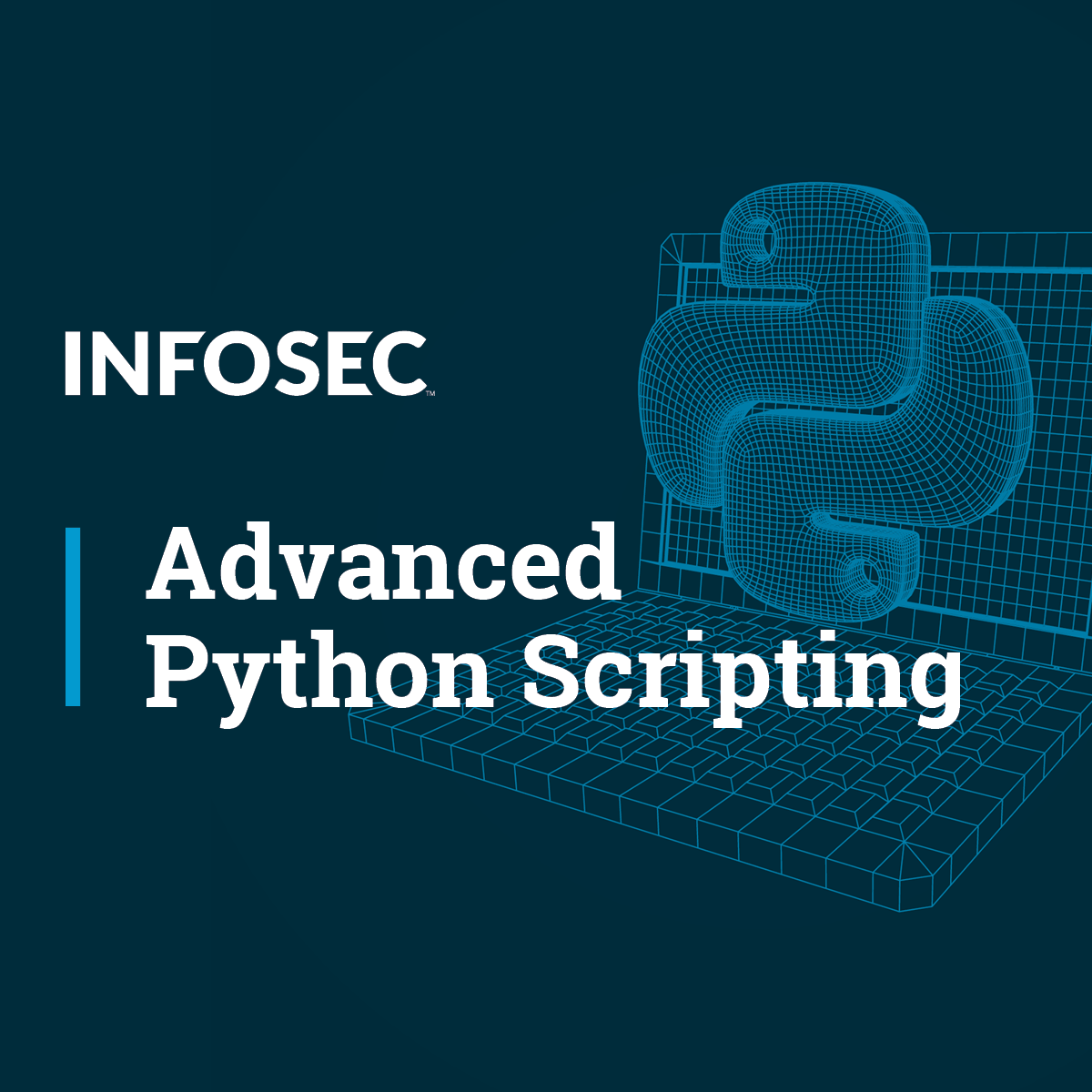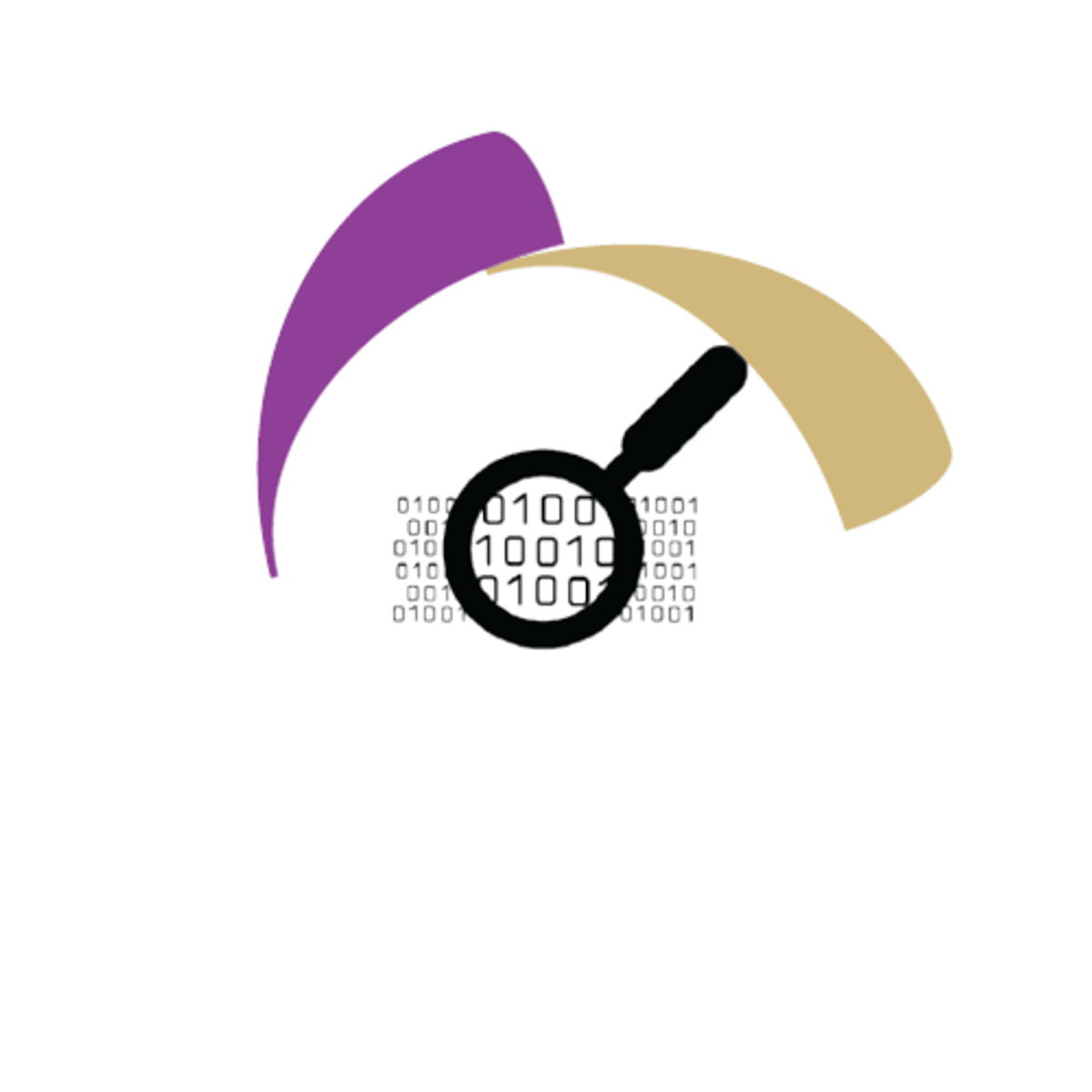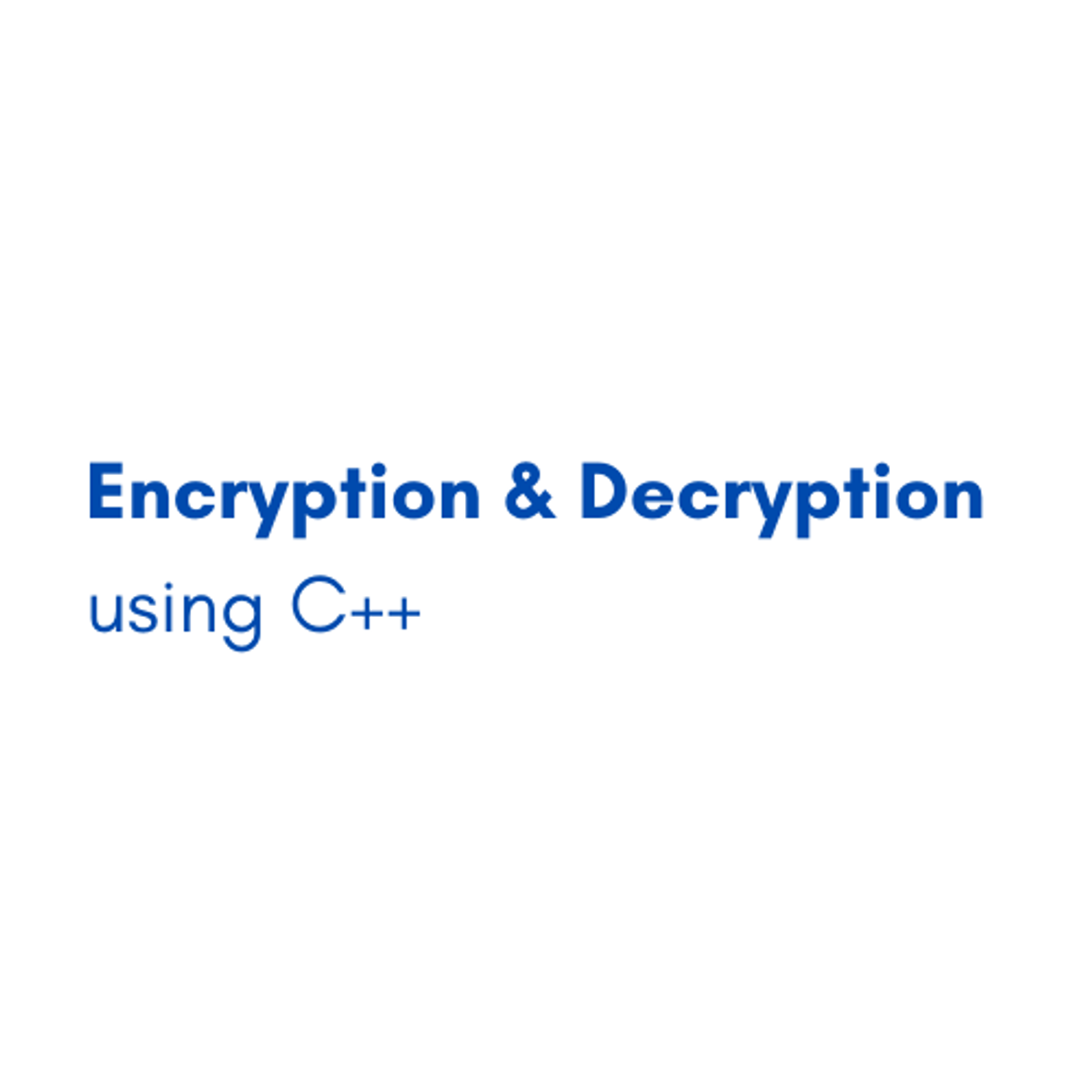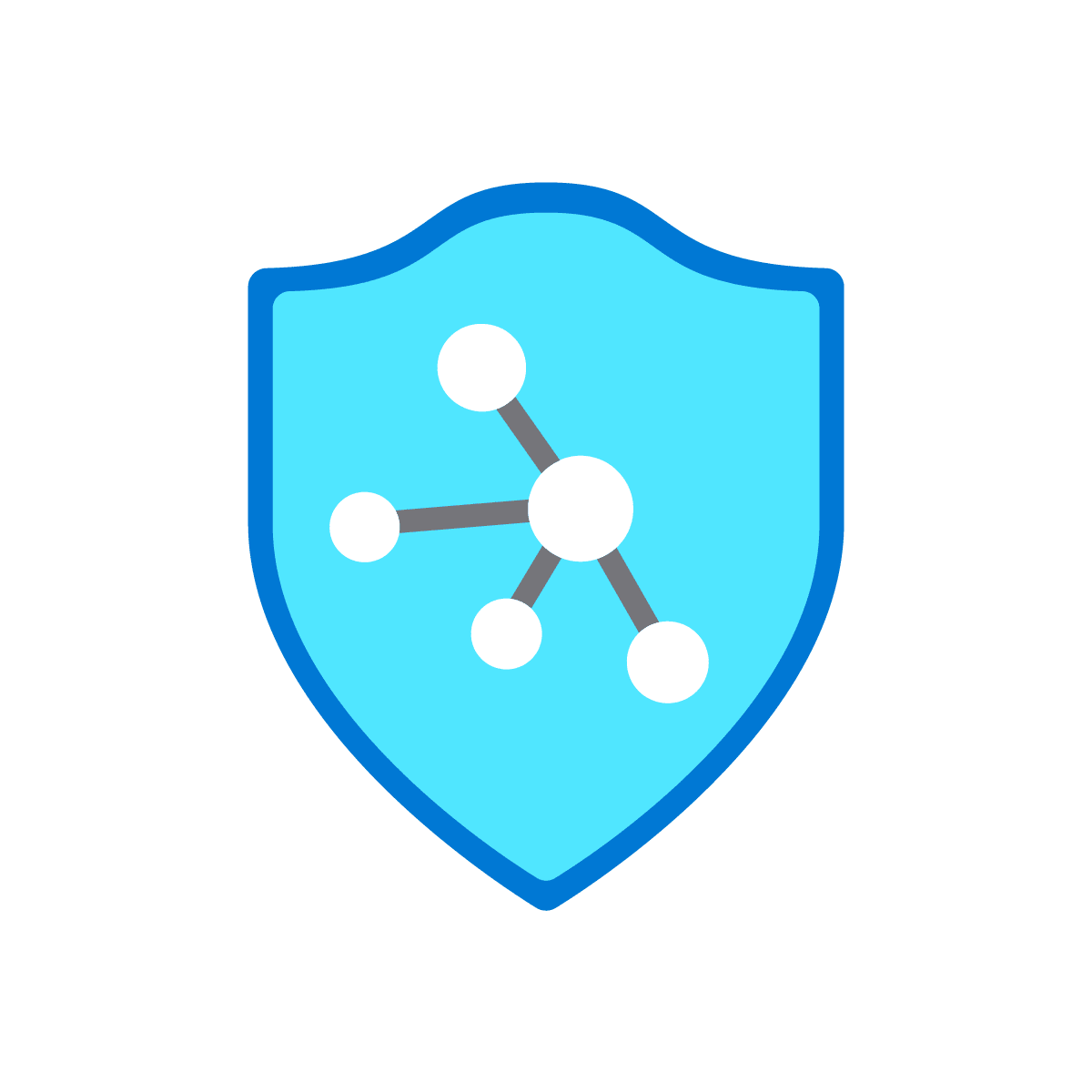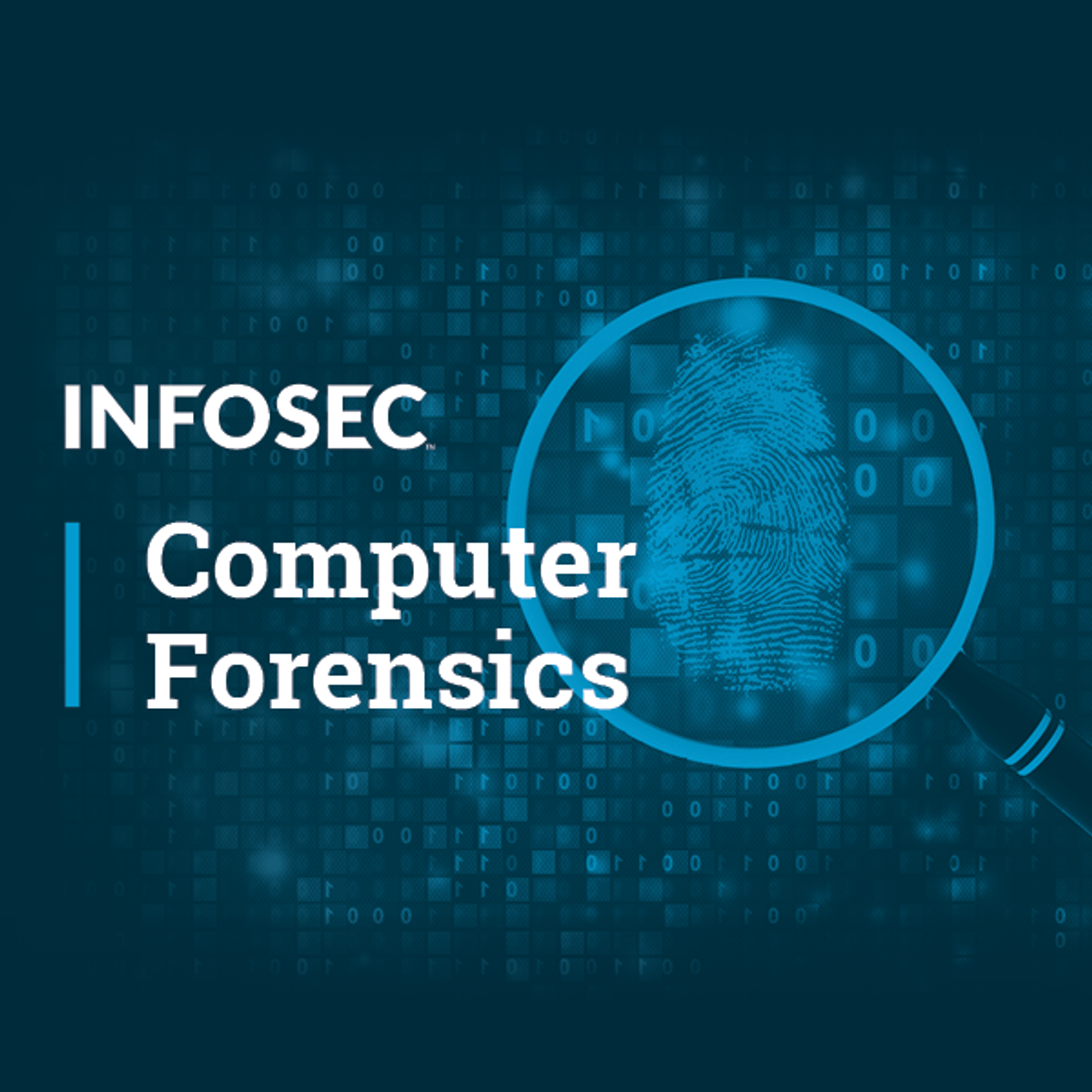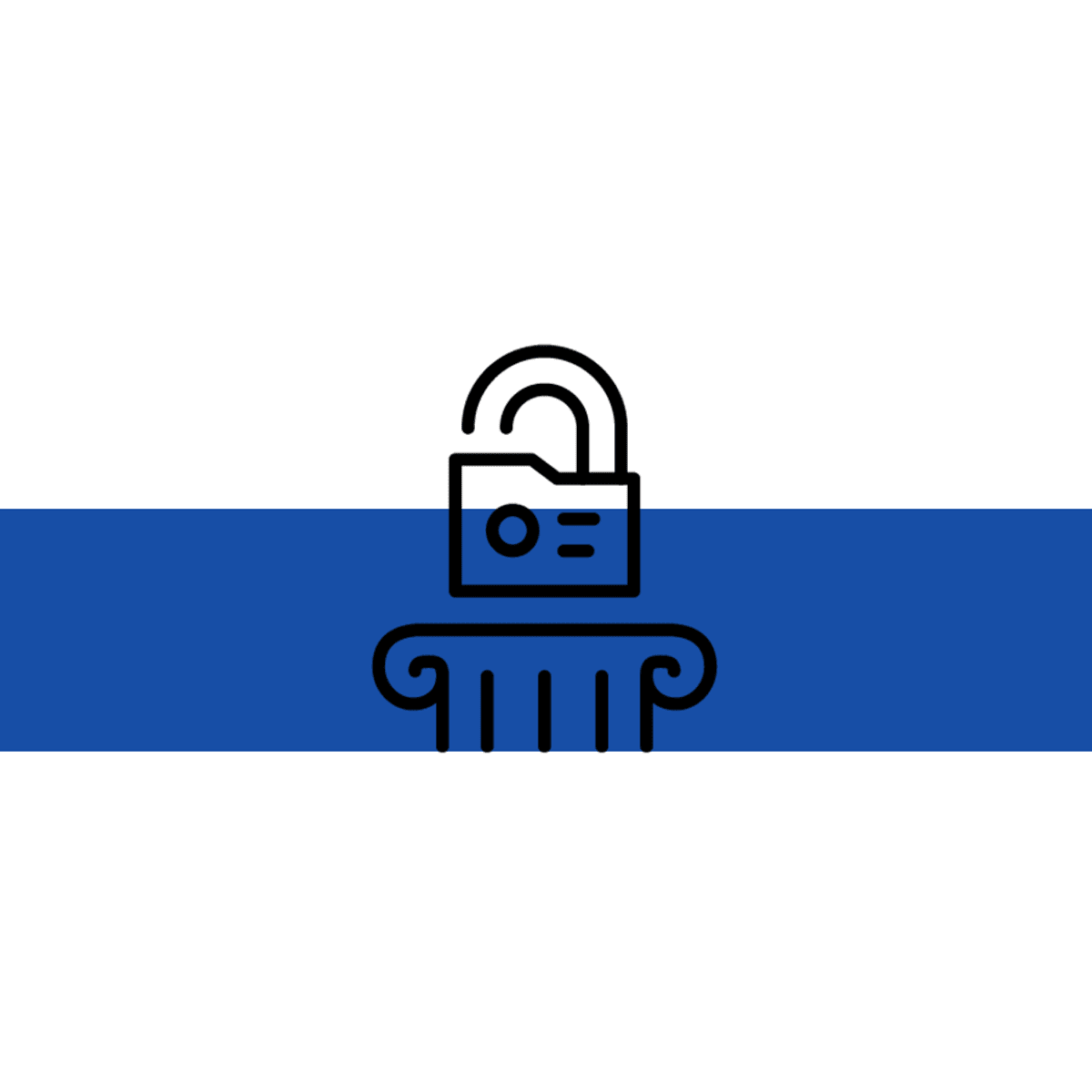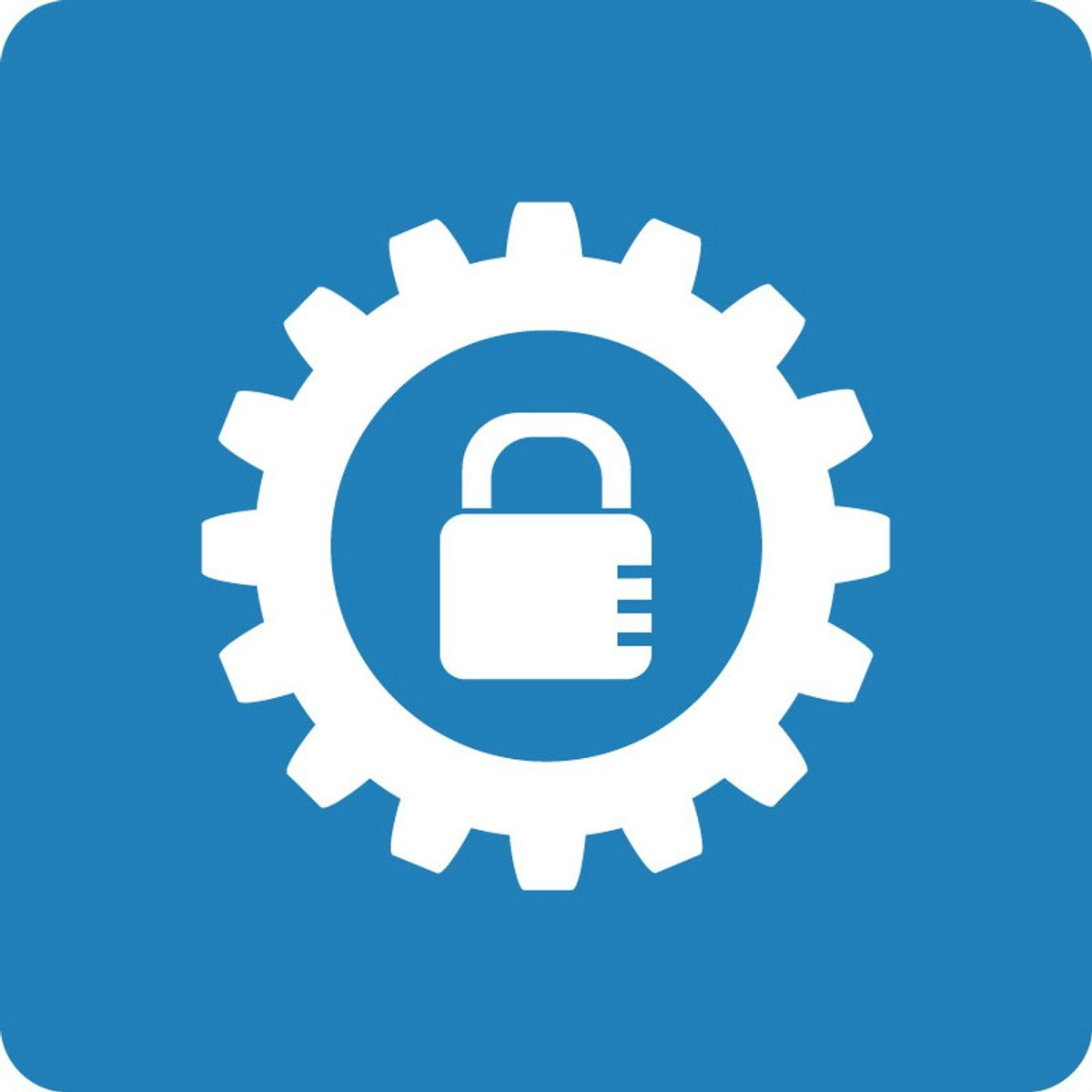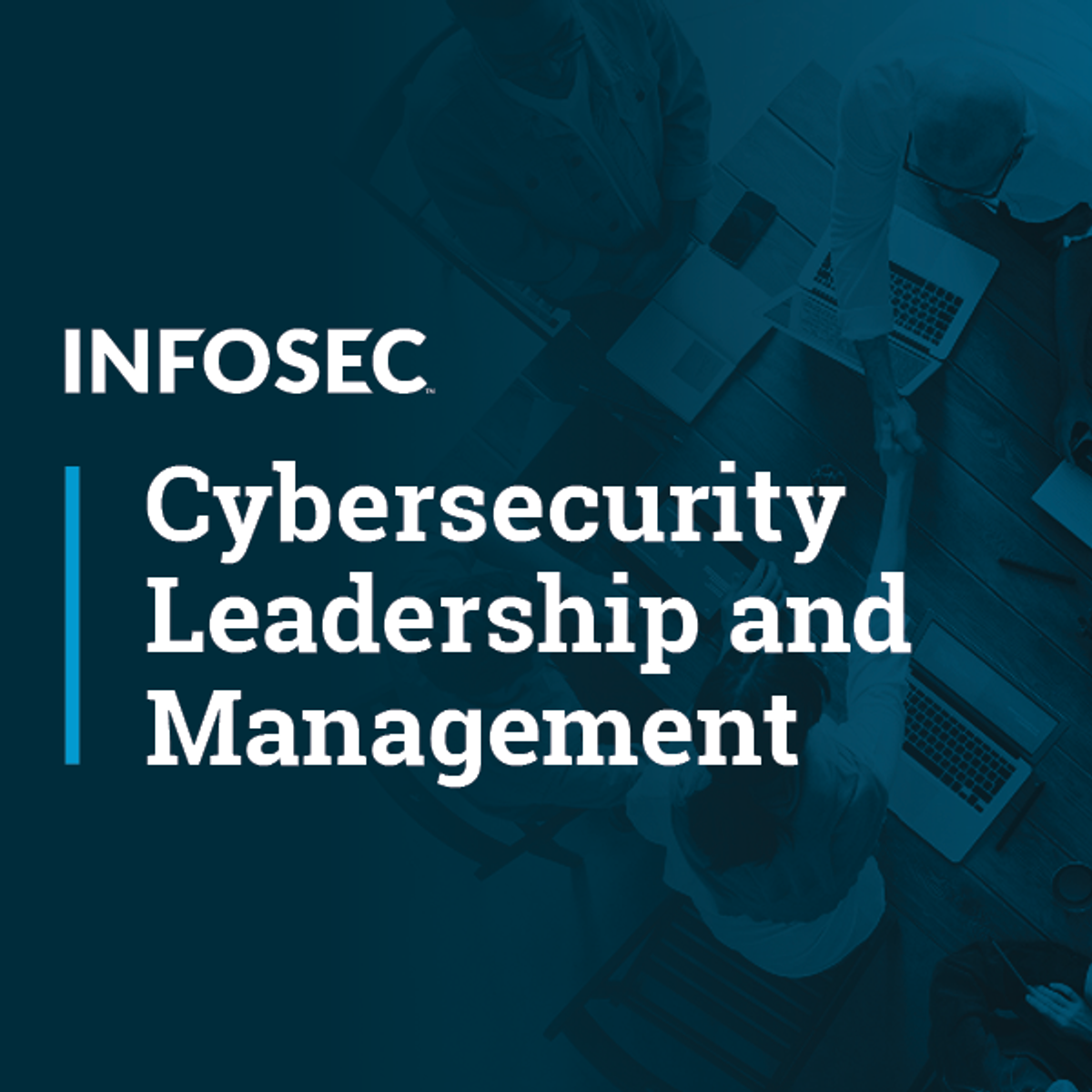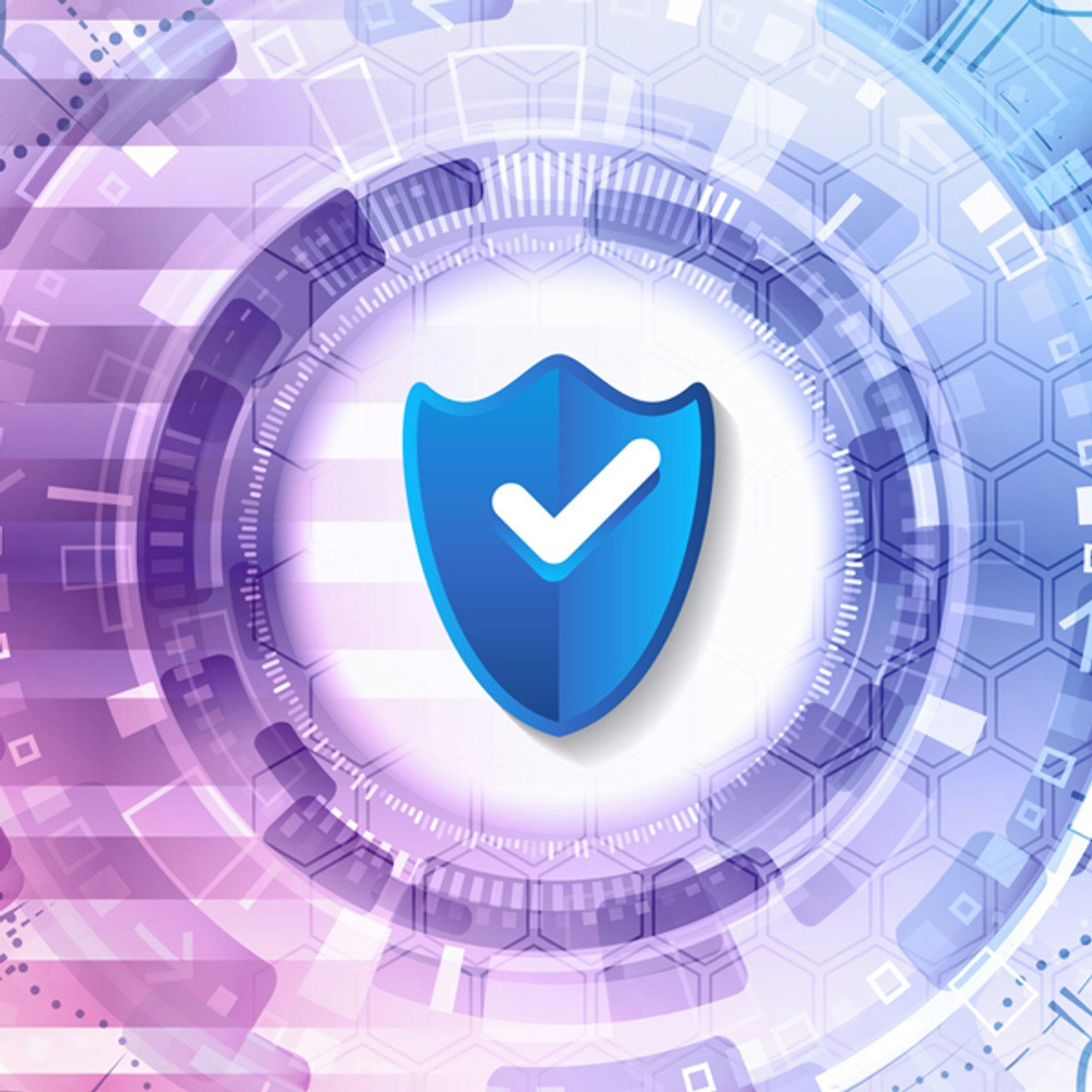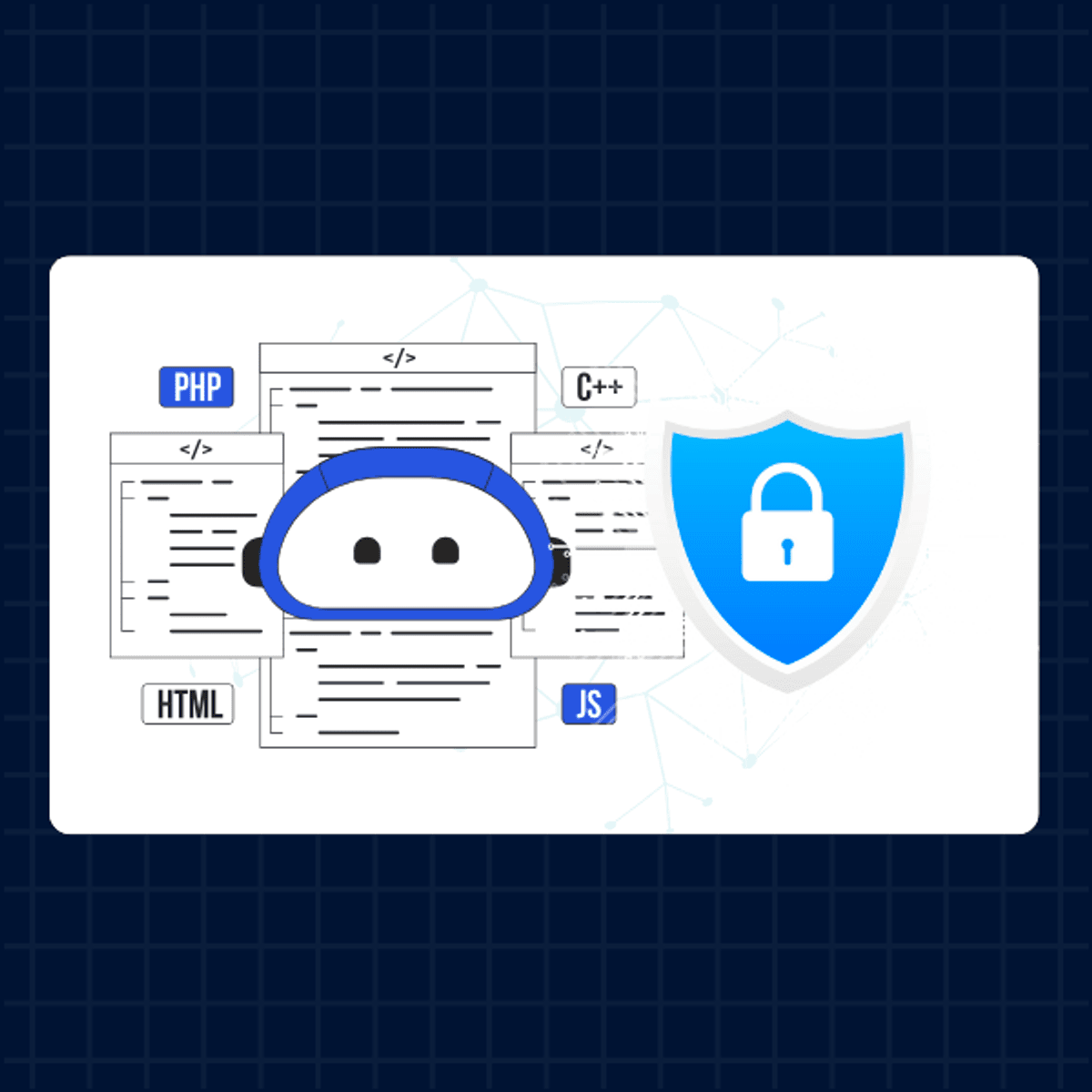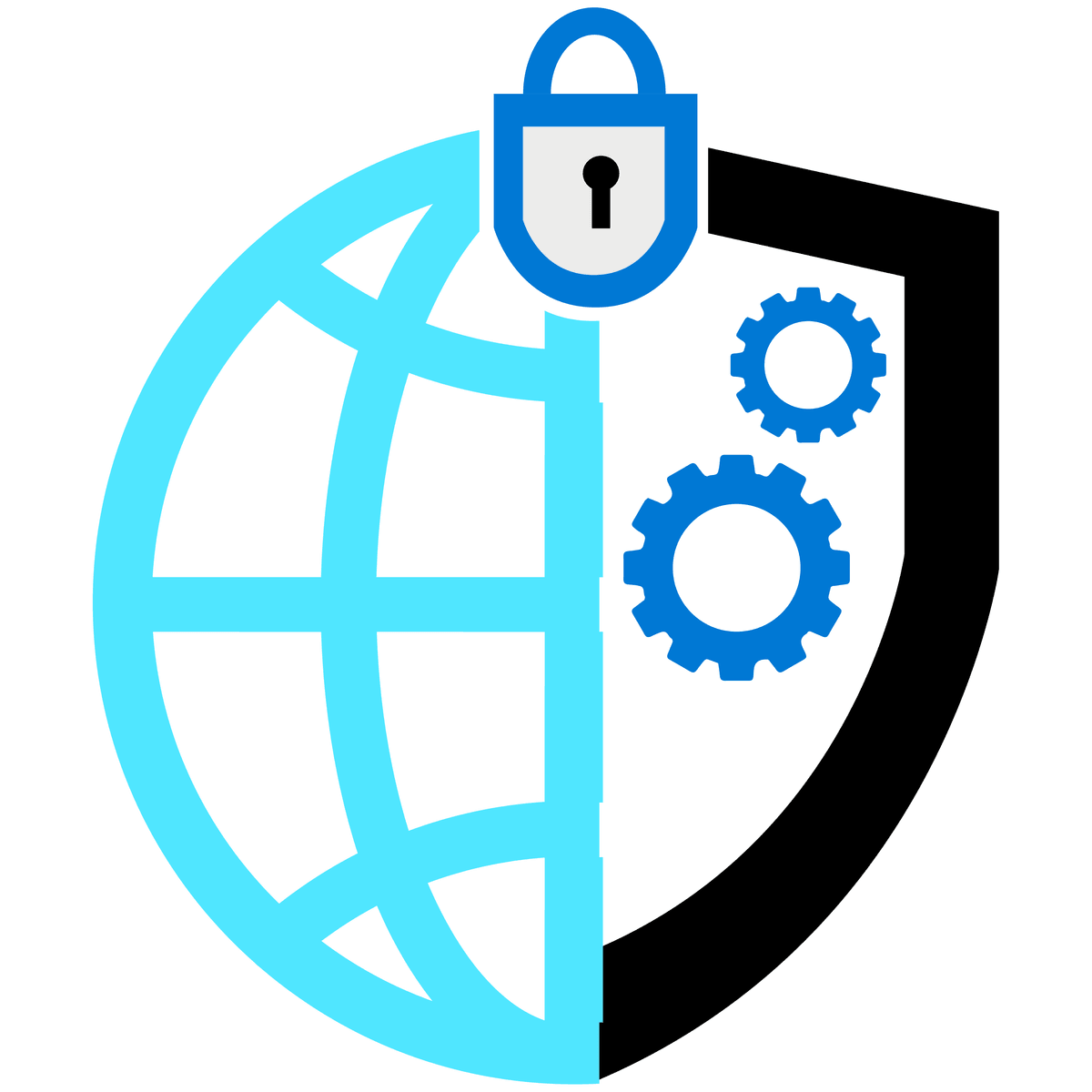Cybersecurity Engineer
Cybersecurity Engineer: A Comprehensive Career Guide
A Cybersecurity Engineer is a professional dedicated to protecting computer systems, networks, and data from digital threats. They design, implement, and manage security measures to safeguard an organization's valuable information assets against unauthorized access, breaches, and other cyberattacks. This role sits at the crucial intersection of information technology and security, requiring a blend of technical expertise and strategic thinking.
Working as a Cybersecurity Engineer can be deeply engaging. You might find excitement in the constant challenge of outsmarting cyber adversaries, designing robust security architectures, or investigating and responding to security incidents. The field is dynamic, with new threats and technologies emerging constantly, demanding continuous learning and adaptation. It offers the satisfaction of playing a critical role in protecting organizations and individuals in an increasingly connected world.
What is a Cybersecurity Engineer?
Defining the Role and Its Core Mission
A Cybersecurity Engineer focuses on the practical application of security principles to build and maintain secure digital environments. Their primary objective is to prevent security breaches by identifying vulnerabilities, implementing protective measures, and responding effectively when incidents occur. They are the architects and defenders of an organization's digital fortress.
Unlike some other IT roles that might focus on building functionality or maintaining general systems, the Cybersecurity Engineer's lens is always security-first. Every decision, from network configuration to software deployment, is evaluated for its security implications. Their mission is to ensure the confidentiality, integrity, and availability of information and systems.
This role involves anticipating potential threats, understanding attacker methodologies, and proactively building defenses. It's about more than just reacting to problems; it's about designing systems that are resilient to attacks from the outset. This proactive stance is fundamental to the engineer's responsibilities.
Distinguishing Cybersecurity Engineering from Related Roles
The IT and security fields include several related roles, and understanding the distinctions is helpful. While a Software Engineer focuses on designing and developing software applications, a Cybersecurity Engineer focuses on securing those applications and the infrastructure they run on. They might work together, with the software engineer building the application and the cybersecurity engineer ensuring it's built and deployed securely.
A Network Security Architect often designs the overall security structure of networks, whereas a Cybersecurity Engineer typically implements, maintains, and manages those security systems (like firewalls, intrusion detection systems). An Information Security Analyst often focuses more on monitoring networks, analyzing security alerts, and conducting risk assessments, while the engineer is more involved in building and configuring the security solutions themselves.
The role also differs from Penetration Testers or Ethical Hackers. While ethical hacking involves simulating attacks to find vulnerabilities, often with a broad scope, penetration testing is usually a more focused assessment targeting specific systems or applications. A Cybersecurity Engineer uses the findings from such tests, among other inputs, to build and improve defenses, although they might also perform some testing themselves.
For those interested in the offensive side of security, exploring ethical hacking might be a consideration. These courses provide introductions to the tools and mindset involved.
Understanding the attacker's perspective is valuable for defense. These books delve into the techniques and ethics of hacking, providing context for cybersecurity professionals.
The Evolution of Cybersecurity Engineering
The field of cybersecurity engineering emerged as computer networks grew in complexity and importance. Early efforts focused on basic access control and perimeter defense. As threats evolved from simple viruses to sophisticated state-sponsored attacks and organized cybercrime, the need for dedicated engineers to design and manage complex security systems became apparent.
Initially, security tasks might have fallen to general IT staff or network administrators. However, the increasing frequency and severity of cyberattacks, coupled with growing regulatory requirements, necessitated specialized expertise. The rise of the internet, cloud computing, mobile devices, and the Internet of Things (IoT) has further expanded the attack surface and the demand for skilled engineers.
Today, cybersecurity engineering is a distinct and critical profession. It continually adapts to new technologies like Artificial Intelligence (AI) and new threats like advanced ransomware. The history of the field is one of constant evolution in response to an ever-changing threat landscape.
Industries Employing Cybersecurity Engineers
Virtually every industry requires cybersecurity expertise today, given the reliance on digital systems and the value of data. Cybersecurity Engineers are in high demand across finance, healthcare, government, defense, technology, retail, energy, and manufacturing. Financial institutions need to protect sensitive customer data and financial transactions. Healthcare organizations must safeguard patient records according to regulations like HIPAA.
Government and defense sectors require robust security to protect national interests and classified information. Technology companies need engineers to secure their products and internal systems. Retailers must protect customer payment information and online platforms. Critical infrastructure sectors like energy and transportation also heavily rely on cybersecurity engineers to prevent disruptions that could have widespread consequences.
The ubiquity of digital technology means that opportunities exist in organizations of all sizes, from large multinational corporations to smaller businesses and non-profits. The consistent threat of cyberattacks ensures that the demand for skilled engineers remains strong across the board.
Core Responsibilities of a Cybersecurity Engineer
Threat Detection and Vulnerability Assessment
A key responsibility is identifying potential weaknesses before attackers can exploit them. This involves regularly scanning systems and networks for vulnerabilities using specialized tools and techniques. Engineers analyze scan results, prioritize risks based on potential impact and likelihood, and recommend remediation actions.
Threat detection involves monitoring networks and systems for signs of malicious activity. This might include analyzing logs from firewalls, intrusion detection/prevention systems (IDS/IPS), and other security tools. Engineers look for patterns, anomalies, or specific indicators of compromise (IoCs) that suggest an attack is underway or has occurred.
This proactive and reactive monitoring helps organizations understand their security posture and respond quickly to emerging threats. It requires analytical skills, attention to detail, and a solid understanding of common attack vectors and techniques.
Understanding vulnerabilities is crucial. These foundational courses cover essential concepts.
Designing Secure Network and System Architectures
Cybersecurity Engineers play a vital role in designing secure systems and networks from the ground up. This involves incorporating security principles early in the design process, rather than trying to add security measures later. They help select and configure security technologies like firewalls, VPNs, access controls, and encryption mechanisms.
They develop network segmentation strategies to isolate critical assets and limit the potential impact of a breach. Secure architecture design also extends to cloud environments, applications, and data storage solutions. The goal is to build layered defenses (defense-in-depth) that make it difficult for attackers to succeed.
This requires a deep understanding of networking protocols, operating systems, security technologies, and secure design principles. Engineers must balance security requirements with operational needs and usability.
These courses delve into security architecture and network security concepts.
Incident Response and Disaster Recovery Planning
Despite best efforts, security incidents can still happen. Cybersecurity Engineers are often involved in developing and executing incident response (IR) plans. This includes steps for identifying, containing, eradicating, and recovering from security breaches.
During an incident, engineers might perform forensic analysis to understand the attack's scope and origin, isolate affected systems, remove malware, and restore normal operations. They document the incident and contribute to post-incident reviews to learn lessons and improve defenses.
Disaster recovery (DR) planning is closely related. Engineers help ensure that critical systems and data can be recovered quickly after a major disruption, whether caused by a cyberattack, natural disaster, or hardware failure. This involves designing backup strategies, testing recovery procedures, and maintaining redundant systems.
These courses cover incident response and related skills.
For deeper dives into computer forensics, which is essential for incident response, these books offer valuable insights.
Ensuring Compliance with Regulations
Many industries are subject to specific regulations regarding data security and privacy, such as GDPR, HIPAA, PCI DSS, and others. Cybersecurity Engineers help organizations meet these compliance requirements. They implement controls, configure systems, and generate reports to demonstrate adherence to relevant standards.
This involves understanding the technical requirements of various regulations and translating them into practical security measures. Engineers may work with auditors, legal teams, and other stakeholders to ensure compliance mandates are met and maintained.
Frameworks like the NIST Cybersecurity Framework provide guidelines and best practices that many organizations adopt, even if not strictly mandated. Engineers often use such frameworks to structure their security programs and demonstrate due diligence.
These courses focus on risk management frameworks and compliance.
Collaboration with Cross-Functional Teams
Cybersecurity is not solely the responsibility of the security team. Engineers must collaborate effectively with various departments, including IT operations, software development, legal, human resources, and business leaders. They need strong communication skills to explain technical risks and security requirements to non-technical audiences.
They work with developers to integrate security into the software development lifecycle (DevSecOps), advise IT teams on secure configurations, and assist HR with security awareness training. Collaboration ensures that security considerations are embedded throughout the organization's processes and culture.
Building relationships and fostering a security-conscious culture are important aspects of the role. Effective engineers act as advisors and partners, helping other teams achieve their goals securely.
Technical Skills and Tools
Programming and Scripting Languages
While not always strictly required, proficiency in programming or scripting languages is highly beneficial for Cybersecurity Engineers. Python is particularly popular due to its versatility, extensive libraries for security tasks, and ease of use for automation. Engineers might use Python for automating repetitive tasks, analyzing data, developing security tools, or scripting interactions with APIs.
Knowledge of languages like C/C++ can be valuable for understanding low-level system operations, reverse engineering malware, or analyzing vulnerabilities in software written in these languages. Scripting languages like Bash or PowerShell are essential for automating tasks on Linux and Windows systems, respectively.
Understanding programming concepts helps engineers better assess application security, communicate with developers, and build custom security solutions when needed.
These courses cover programming languages often used in cybersecurity.
Learning how to apply programming skills specifically for security tasks is invaluable. These books focus on using Python for hacking and security purposes.
Network Security Tools and Technologies
A core part of the role involves configuring, managing, and monitoring network security tools. This includes firewalls to control network traffic, Intrusion Detection Systems (IDS) and Intrusion Prevention Systems (IPS) to identify and block malicious activity, and Virtual Private Networks (VPNs) for secure remote access.
Engineers need a strong grasp of TCP/IP networking, network protocols, and common network attack methods. They use tools like Wireshark for packet analysis and Nmap for network scanning and discovery. Understanding how these tools work and how to interpret their output is crucial for network defense.
They also work with security information and event management (SIEM) systems, which aggregate and correlate log data from various sources to provide a centralized view of security events.
These courses cover essential network security tools and concepts.
Cryptography and Encryption Standards
Protecting data confidentiality and integrity relies heavily on cryptography. Cybersecurity Engineers must understand cryptographic principles, including symmetric and asymmetric encryption, hashing algorithms, and digital signatures.
They are involved in implementing and managing encryption solutions for data at rest (stored data) and data in transit (data moving across networks). This includes configuring TLS/SSL for secure web connections, managing Public Key Infrastructure (PKI) for digital certificates, and implementing disk encryption.
While engineers typically don't invent new cryptographic algorithms, they need to know how to correctly apply existing standards and protocols (like AES, RSA, SHA-256) and understand their strengths and weaknesses. Misconfigurations in cryptographic implementations can create significant vulnerabilities.
These courses provide foundational knowledge in cryptography.
Cloud Security Platforms
As organizations increasingly move infrastructure and applications to the cloud (Cloud Computing), cloud security skills are becoming essential. Cybersecurity Engineers need expertise in securing platforms like Amazon Web Services (AWS), Microsoft Azure, and Google Cloud Platform (GCP).
This involves understanding the unique security challenges of cloud environments, configuring cloud-native security controls (like security groups, identity and access management (IAM) policies), monitoring cloud resources, and ensuring compliance within the cloud. Concepts like Infrastructure as Code (IaC) are also becoming important for managing cloud security consistently.
Engineers must be familiar with the shared responsibility model, where the cloud provider secures the underlying infrastructure, but the customer is responsible for securing their data, applications, and configurations within the cloud.
These courses focus on security within major cloud platforms.
Forensic Analysis Software and Techniques
When security incidents occur, forensic analysis is critical to understand what happened, how it happened, and what data was affected. Cybersecurity Engineers may use digital forensics tools to collect and analyze evidence from computers, networks, and mobile devices.
This involves techniques like recovering deleted files, analyzing system logs, examining network traffic captures, and performing memory analysis. Engineers must follow strict procedures to preserve the integrity of evidence, which might be used in legal proceedings.
Familiarity with forensic software suites (e.g., EnCase, FTK) and open-source tools (e.g., Autopsy, Volatility) is beneficial. Understanding file systems, operating system artifacts, and malware behavior is essential for effective forensic investigation.
These courses introduce digital forensics and related techniques.
Formal Education Pathways
Relevant Undergraduate Degrees
A bachelor's degree is often considered the minimum educational requirement for entry-level cybersecurity roles, including engineering positions. Common fields of study include Computer Science, Information Technology, Information Security, or a dedicated Cybersecurity degree program.
A Computer Science degree provides a strong theoretical foundation in computing principles, algorithms, data structures, and programming, which are highly relevant. Information Security or Cybersecurity programs offer more specialized coursework covering topics like network security, cryptography, risk management, and ethical hacking.
Regardless of the specific major, coursework should ideally cover networking fundamentals, operating systems, programming, databases, and core security concepts. Strong analytical and problem-solving skills, often developed through rigorous technical coursework, are essential.
Specialized Master's Programs
For those seeking deeper expertise or aiming for more senior or specialized roles, a master's degree in Cybersecurity or a related field can be beneficial. These programs offer advanced coursework in areas like advanced network security, cryptography, digital forensics, security management, and secure software development.
A master's degree can provide a competitive edge in the job market and may be preferred or required for certain leadership or research-oriented positions. It allows for specialization in specific domains within cybersecurity, such as cloud security, critical infrastructure protection, or threat intelligence.
Some programs are designed for individuals with technical undergraduate degrees, while others may accept students from different backgrounds who wish to transition into cybersecurity, often including foundational coursework.
PhD Research Areas in Cybersecurity
A Ph.D. in Cybersecurity or Computer Science with a security focus is typically pursued by those interested in research, academia, or highly specialized roles in industry or government think tanks. Research areas are diverse and constantly evolving, reflecting the dynamic nature of the field.
Potential research topics include developing novel cryptographic techniques, advancing AI/ML for threat detection, securing emerging technologies like quantum computing or IoT, formal methods for software verification, usable security, privacy-enhancing technologies, and understanding the socio-technical aspects of cybersecurity.
Ph.D. programs involve deep investigation into a specific problem, contributing original knowledge to the field through publications and a dissertation. They require strong research skills, critical thinking, and perseverance.
Accreditation Standards and Program Quality
When choosing a formal education program, consider its accreditation status. Accreditation signifies that a program meets certain quality standards set by external bodies. In the U.S., look for programs accredited by organizations recognized by the Department of Education or the Council for Higher Education Accreditation (CHEA).
Specific designations, like the National Security Agency (NSA) and Department of Homeland Security (DHS) designation as a Center of Academic Excellence (CAE) in Cyber Defense or Cyber Operations, indicate that a program meets rigorous standards relevant to national security needs. While not mandatory, these designations can signal program quality and relevance.
Beyond accreditation, evaluate programs based on curriculum relevance, faculty expertise, available resources (like labs), industry connections, and career support services. Look for programs that offer hands-on experience and align with current industry needs.
Capstone Projects and Thesis Expectations
Many undergraduate and master's programs culminate in a capstone project or thesis. These provide opportunities to apply learned knowledge and skills to solve a real-world problem or conduct in-depth research on a specific topic.
Capstone projects often involve designing and implementing a security solution, conducting a comprehensive security assessment, or developing a security policy framework for a case study organization. They allow students to demonstrate practical skills and build portfolio pieces.
A master's thesis typically involves more rigorous research, potentially including original contributions, literature reviews, methodology design, data analysis, and formal writing. Both capstones and theses develop critical thinking, project management, and communication skills valuable for a cybersecurity career.
Alternative Learning Pathways
Self-Study Resources and Learning Frameworks
A formal degree is not the only path into cybersecurity engineering. Many successful professionals are self-taught or have transitioned from other IT roles. Abundant resources are available for self-study, including online courses, books, documentation, security blogs, and community forums.
Frameworks like the CompTIA certification paths or skill roadmaps provided by organizations like SANS can offer structure to self-learners. Focusing on foundational areas like networking (TCP/IP, DNS, routing), operating systems (Linux, Windows), and basic security principles is crucial before diving into specialized topics.
Discipline and a structured approach are key for self-study. Setting clear learning goals, scheduling regular study time, and actively engaging with the material (not just passively consuming it) are essential for success. OpenCourser's Learner's Guide offers tips on creating a curriculum and staying motivated.
These foundational courses are excellent starting points for self-learners or those supplementing formal education.
Complementing online courses, foundational books can provide comprehensive knowledge. These texts cover essential cybersecurity principles suitable for beginners and those building their knowledge base.
Leveraging Online Courses
Online courses offer flexible and accessible pathways to acquire cybersecurity knowledge and skills. Platforms like Coursera, edX, and Udemy host numerous courses covering everything from introductory concepts to advanced specializations, often taught by university professors or industry experts. You can easily browse cybersecurity courses on OpenCourser to find options that fit your needs.
Online courses are suitable for building foundational knowledge, supplementing formal education, or upskilling for career advancement. Many courses offer hands-on labs and projects, allowing learners to gain practical experience. Certificates obtained from reputable online courses can also demonstrate initiative and acquired skills to potential employers.
Professionals can use online courses to stay current with rapidly evolving technologies and threats, learn new tools, or prepare for industry certifications. The key is to choose high-quality courses that align with your learning goals and actively participate in the learning process.
These courses offer broader introductions or cover specific platforms useful for alternative learners.
Project-Based Learning and Portfolio Development
Theoretical knowledge is important, but practical skills are paramount in cybersecurity engineering. Engaging in project-based learning is an excellent way to solidify understanding and demonstrate capabilities. This could involve setting up a home lab environment to practice configuring security tools, analyzing network traffic, or experimenting with ethical hacking techniques.
Building a portfolio showcasing your projects is crucial, especially for those without extensive formal experience or degrees. This portfolio could include detailed write-ups of lab activities, code repositories for security scripts or tools you've developed, analysis of capture-the-flag (CTF) challenges, or contributions to open-source security projects.
A well-documented portfolio provides tangible evidence of your skills and passion for the field, often speaking louder than a resume alone. It demonstrates initiative, problem-solving abilities, and practical competence to potential employers.
Open-Source Contribution Opportunities
Contributing to open-source security projects is another valuable way to learn, gain experience, and build credibility. Many widely used security tools (like Nmap, Wireshark, Metasploit, Snort) are open source. Contributing could involve fixing bugs, adding new features, improving documentation, or testing.
Engaging with the open-source community provides exposure to real-world codebases, collaborative development practices, and experienced security professionals. It's an opportunity to learn from others, receive feedback on your work, and make tangible contributions to tools used by the industry.
Contributions, even small ones, can be highlighted in your portfolio and demonstrate your technical skills and commitment to the cybersecurity community.
Transitioning from Adjacent IT Roles
Many Cybersecurity Engineers start their careers in other IT roles, such as system administration, network administration, or software development. These roles provide a strong foundation in the technologies that cybersecurity professionals work to protect.
If you're in an adjacent role, focus on gaining security-specific knowledge and skills. Volunteer for security-related tasks within your current job, pursue relevant certifications (like CompTIA Security+), engage in self-study using online courses and books, and build a personal portfolio through projects and labs.
Highlight the security aspects of your previous roles on your resume and during interviews. Emphasize transferable skills like troubleshooting, system configuration, network management, and scripting. Networking with cybersecurity professionals can also provide insights and potential opportunities for transition.
Cybersecurity Engineer Career Progression
Entry-Level Roles and Foundational Certifications
Individuals often start in roles like Security Analyst, SOC Analyst, or IT Auditor before progressing to an engineering position. These roles provide valuable experience in monitoring security events, managing vulnerabilities, and understanding organizational security processes.
Entry-level positions typically require foundational knowledge of networking, operating systems, and security principles. Foundational certifications like CompTIA Security+ are often highly valued or even required by employers for these roles, as they validate core competencies.
Gaining hands-on experience with security tools and technologies, even in a junior capacity, is crucial during this stage. Developing analytical and communication skills is also important for reporting findings and collaborating with team members.
These courses can help build foundational knowledge relevant for entry-level roles and certifications.
Books specifically targeting certifications like CompTIA Security+ can be excellent study aids for those seeking entry-level validation.
Mid-Career Specialization Paths
As Cybersecurity Engineers gain experience, they often specialize in specific domains. Common specialization paths include Cloud Security, Application Security, Network Security, Penetration Testing, Digital Forensics and Incident Response (DFIR), or Security Architecture.
Specialization allows engineers to develop deep expertise in a particular area, making them highly valuable assets. This often involves pursuing advanced certifications relevant to the chosen path, such as cloud provider security certifications (AWS, Azure, GCP), Offensive Security Certified Professional (OSCP) for penetration testing, or GIAC certifications for various domains.
Mid-career professionals take on more complex projects, mentor junior team members, and contribute to strategic security planning. Continuous learning is essential to keep up with the evolving technologies and threats within their specialization.
These courses touch upon more specialized areas relevant for mid-career development.
Leadership and Management Trajectories
Experienced Cybersecurity Engineers may move into leadership or management roles. This could involve becoming a Security Team Lead, Security Manager, Director of Security, or ultimately, a Chief Information Security Officer (CISO).
These roles shift focus from hands-on technical work towards strategy, team management, budgeting, policy development, and communication with executive leadership. Strong leadership, communication, and business acumen become increasingly important alongside technical understanding.
Certifications like Certified Information Security Manager (CISM) or Certified Information Systems Security Professional (CISSP) are often sought after for management positions. An advanced degree, such as an MBA or a Master's in Cybersecurity Management, can also be beneficial.
These courses explore management and leadership aspects within cybersecurity.
Consulting and Entrepreneurship Opportunities
Experienced Cybersecurity Engineers may also pursue careers in consulting or start their own businesses. Consultants provide expert advice and services to organizations that may lack in-house expertise or require specialized assistance for specific projects, such as security assessments, incident response, or compliance preparation.
Entrepreneurship offers the opportunity to build a cybersecurity product or service company. This path requires not only deep technical expertise but also strong business development, marketing, and management skills. It involves identifying market needs, developing innovative solutions, and building a sustainable business.
Both consulting and entrepreneurship offer autonomy and the potential for high rewards but also come with significant challenges, including business development, client management, and financial risk.
Global Salary Benchmarks and Job Outlook
The job outlook for Cybersecurity Engineers is exceptionally strong. The U.S. Bureau of Labor Statistics projects employment for information security analysts (a closely related role) to grow significantly faster than the average for all occupations. Reports consistently highlight a substantial global workforce shortage, with millions of unfilled cybersecurity positions. This high demand translates into competitive salaries.
Salaries vary based on experience, location, industry, certifications, and specific skills. Entry-level roles might start around $70,000-$100,000 USD, while mid-level engineers can earn $100,000-$150,000+, and senior engineers or specialists can command salaries well above $150,000, sometimes exceeding $200,000 in high-demand areas or roles. Factors like cost of living in major tech hubs also influence salary ranges.
Continuous skill development, relevant certifications, and specialization in high-demand areas like cloud security or AI security can significantly enhance earning potential. The persistent skills gap suggests that salary prospects will likely remain favorable for qualified professionals in the foreseeable future.
Ethical and Legal Considerations
Data Privacy Laws and Global Compliance
Cybersecurity professionals operate within a complex web of legal and regulatory requirements related to data privacy. Laws like the European Union's General Data Protection Regulation (GDPR), the California Consumer Privacy Act (CCPA), and healthcare's HIPAA impose strict rules on how personal data must be collected, processed, stored, and protected.
Engineers must understand these regulations and ensure the systems and controls they implement comply with applicable laws. This includes implementing measures for data minimization, access control, encryption, and enabling individuals' rights regarding their data (like the right to access or delete information).
Failure to comply can result in significant fines, legal action, and reputational damage. Therefore, staying informed about evolving privacy laws and integrating privacy considerations into security design (Privacy by Design) is crucial.
Ethical Hacking Boundaries and Permissions
While ethical hacking is a valuable tool for identifying vulnerabilities, it must be conducted within strict ethical and legal boundaries. Performing security testing or attempting to access systems without explicit, written authorization is illegal and unethical.
Cybersecurity Engineers involved in any form of security testing (even internal vulnerability scanning) must operate within the defined scope of engagement agreed upon with the organization's leadership. This includes specifying which systems can be tested, what methods are permissible, and the timeframe for the assessment.
Respecting privacy, avoiding disruption to business operations (unless explicitly part of a test scenario), and responsibly disclosing findings are paramount. The line between ethical hacking and illegal activity is authorization; crossing it can lead to severe consequences.
These books provide practical guidance on ethical hacking methodologies and network defense strategies.
Whistleblower Protections and Responsibilities
Cybersecurity professionals may sometimes uncover unethical or illegal activities within their own organizations or during engagements. Understanding whistleblower protections and the proper channels for reporting concerns is important.
Many jurisdictions have laws protecting employees who report illegal activities, fraud, or significant risks to public safety. However, the specifics of these protections vary. Professionals should be aware of their organization's internal reporting mechanisms and relevant external regulatory bodies.
Ethical codes often require professionals to report significant risks or illegal activities they discover. Balancing this responsibility with obligations to their employer requires careful judgment and adherence to legal and ethical guidelines.
Ethical Implications of AI/ML in Cybersecurity
The increasing use of Artificial Intelligence (AI) and Machine Learning (ML) in cybersecurity introduces new ethical considerations. AI can enhance threat detection and response, but it also raises concerns about bias, transparency, and accountability.
AI models trained on biased data could lead to discriminatory outcomes or miss certain types of threats. The complexity of some AI systems can make it difficult to understand why they make certain decisions (the "black box" problem), hindering investigation and accountability.
Furthermore, attackers are also leveraging AI to create more sophisticated and adaptive threats. Engineers must consider the ethical implications of deploying AI security tools and advocate for responsible development and use, ensuring fairness, transparency, and human oversight.
Responsible Disclosure Protocols
When security vulnerabilities are discovered, either internally or by external researchers, responsible disclosure protocols provide a framework for reporting them ethically and effectively. These protocols aim to ensure vulnerabilities are fixed before they can be widely exploited by malicious actors.
Engineers may be involved in managing their organization's vulnerability disclosure program or coordinating with external researchers who report vulnerabilities. This typically involves acknowledging the report, working with developers to create a patch, and coordinating the public release of information and the patch.
Responsible disclosure balances the need to inform users about risks with the need to prevent premature disclosure that could aid attackers. Following established protocols helps protect both the organization and the wider public.
Industry Trends and Future Outlook
Impact of Quantum Computing
While still largely in development, quantum computing poses a significant future threat to current cryptographic standards. Quantum computers, once powerful enough, could potentially break many of the encryption algorithms currently used to protect data, including those underpinning secure communication and digital signatures.
The cybersecurity industry is actively researching and developing quantum-resistant cryptography (QRC) or post-quantum cryptography (PQC). Organizations, particularly those handling highly sensitive data with long-term confidentiality requirements, need to start planning for a transition to quantum-safe algorithms.
Cybersecurity Engineers will need to stay informed about developments in quantum computing and QRC, eventually becoming involved in migrating systems and infrastructure to use new, quantum-resistant cryptographic standards. According to NIST, this transition will be a complex, multi-year effort.
Security Challenges of the Internet of Things (IoT)
The proliferation of Internet-connected devices (IoT) – from smart home appliances to industrial sensors – dramatically expands the potential attack surface. Many IoT devices have limited processing power and storage, making it difficult to implement robust security measures, and they are often deployed without adequate security considerations.
Securing IoT ecosystems requires a multi-layered approach, including secure device design, secure network communication, robust authentication, and regular patching (which is often challenging for IoT). Botnets composed of compromised IoT devices are already a significant threat, used to launch large-scale DDoS attacks.
Cybersecurity Engineers specializing in IoT security will be increasingly needed to design secure IoT architectures, assess device vulnerabilities, and develop strategies to protect these interconnected systems, especially in critical infrastructure and industrial settings.
Practical guides on securing IoT devices are becoming increasingly important as this technology proliferates.
Workforce Shortage Projections
Numerous reports consistently indicate a significant and persistent global shortage of skilled cybersecurity professionals. Estimates suggest millions of unfilled positions worldwide, with demand far outstripping supply. This skills gap puts organizations at increased risk.
This shortage spans various roles, from entry-level analysts to experienced engineers and specialists. Factors contributing to the gap include the rapid evolution of threats, the increasing complexity of IT environments, and challenges in training and recruiting qualified talent.
While challenging for organizations, this trend creates significant opportunities for individuals entering or advancing in the cybersecurity field. High demand generally leads to strong job security and competitive compensation packages. Efforts are underway globally to expand training pipelines and attract more diverse talent into the profession. Data from organizations like ISC2 regularly track these workforce trends.
Automation and AI in Threat Detection and Response
Automation and Artificial Intelligence (AI) are increasingly being used to augment human capabilities in cybersecurity. AI/ML algorithms can analyze vast amounts of security data much faster than humans, identifying subtle patterns and anomalies that might indicate an attack. Automation helps streamline repetitive tasks and enables faster responses to detected threats.
Tools like Security Orchestration, Automation, and Response (SOAR) platforms integrate various security tools and automate response workflows. AI is being embedded into SIEM systems, endpoint protection platforms, and threat intelligence feeds.
While AI and automation enhance efficiency and speed, they don't eliminate the need for human expertise. Engineers are needed to design, implement, manage, and interpret the outputs of these systems. They must also contend with attackers using AI to enhance their own capabilities. The future involves humans and AI working together.
Geopolitical Impacts on Cybersecurity
Cybersecurity has become a significant factor in international relations and geopolitical conflicts. Nation-state actors engage in cyber espionage, sabotage critical infrastructure, and conduct influence operations. Geopolitical tensions often spill over into cyberspace, leading to increased attack activity targeting governments and businesses.
Supply chain attacks, where adversaries compromise software or hardware vendors to gain access to their customers, are a growing concern often linked to nation-state activity. Increased regulation and international cooperation efforts aim to establish norms of behavior in cyberspace, but enforcement remains challenging.
Cybersecurity Engineers, particularly those working in government, defense, or critical infrastructure, must be aware of the geopolitical landscape and the threat actors relevant to their sector. Threat intelligence plays a crucial role in understanding these risks.
Frequently Asked Questions
Can I become a cybersecurity engineer without a formal degree?
Yes, it is possible, although a degree is often preferred by employers. Many successful Cybersecurity Engineers have transitioned from other IT roles or are self-taught. Practical skills, hands-on experience, industry certifications, and a strong portfolio showcasing your abilities are crucial for non-degree pathways.
Focus on building foundational knowledge in networking, operating systems, and security principles. Utilize online courses, labs, and projects to gain practical skills. Certifications like CompTIA Security+, Network+, and vendor-specific certs can validate your knowledge.
Networking with professionals in the field and demonstrating passion and initiative can also help overcome the lack of a traditional degree. Be prepared to prove your skills through technical interviews and practical assessments.
How does cybersecurity engineering differ from ethical hacking?
Cybersecurity engineering is broader, focusing on designing, building, implementing, and maintaining secure systems and defenses. Ethical hacking is a specific practice, often a subset of security assessment, focused on simulating attacks to find vulnerabilities.
An engineer builds the walls and installs the security systems; an ethical hacker tests the strength of those walls and systems by trying to break in (with permission). Ethical hackers identify weaknesses, while engineers use those findings (and other inputs) to fix weaknesses and improve overall security posture.
While some engineers perform ethical hacking tasks, and ethical hackers need engineering knowledge, their primary goals differ. Engineering is about building and defending, while ethical hacking is about offensive testing for defensive purposes.
What certifications are most valuable for entry-level roles?
For entry-level cybersecurity roles, foundational certifications are generally most valuable. CompTIA Security+ is widely recognized and often requested by employers as it covers core security concepts and practices.
Other relevant foundational certifications include CompTIA Network+ (for networking fundamentals) and potentially vendor-neutral certs like (ISC)²'s SSCP or specific entry-level certs from organizations like GIAC or ISACA, depending on the specific role focus.
While certifications are valuable for demonstrating baseline knowledge, they should be combined with practical skills and hands-on experience gained through labs, projects, or internships. Employers look for both validated knowledge and demonstrated ability.
Is cybersecurity engineering resistant to AI disruption?
Cybersecurity engineering is likely to be transformed by AI, rather than completely disrupted or replaced in the near future. AI can automate many routine tasks, enhance threat detection, and speed up response times, augmenting the capabilities of human engineers.
However, human oversight, strategic thinking, complex problem-solving, and understanding context remain crucial. Engineers are needed to design, train, manage, and interpret AI security systems. Furthermore, as attackers also leverage AI, human ingenuity is required to develop countermeasures.
The role may evolve, requiring engineers to develop skills in managing AI tools and understanding AI-driven threats, but the fundamental need for human expertise in designing and defending complex systems is unlikely to disappear soon.
How critical are soft skills in this technical field?
Soft skills are critically important for Cybersecurity Engineers. While technical expertise is essential, the ability to communicate effectively, collaborate with diverse teams, and explain complex security issues to non-technical stakeholders is vital.
Engineers often need to present findings, justify security investments, write clear documentation and policies, and train users. Problem-solving, critical thinking, attention to detail, and the ability to work under pressure during incidents are also crucial.
As engineers progress into more senior or leadership roles, communication, leadership, and strategic thinking skills become even more paramount. Technical skills get you in the door, but soft skills often drive career advancement.
What emerging threats are shaping career specializations?
Emerging threats constantly shape the field and drive demand for specific specializations. AI-driven attacks, including sophisticated phishing and malware that adapts in real-time, are increasing demand for AI security specialists and threat hunters skilled in detecting advanced anomalies.
The expansion of IoT and Operational Technology (OT) creates needs for specialists in securing embedded systems and critical infrastructure. Cloud security remains a major focus, with specializations in multi-cloud environments and cloud-native security tools.
Concerns about quantum computing's impact on cryptography are slowly driving interest in post-quantum cryptography. Additionally, sophisticated ransomware tactics and supply chain attacks continue to demand expertise in incident response, threat intelligence, and third-party risk management.
Helpful Resources
Navigating the path to becoming a Cybersecurity Engineer involves continuous learning. Here are some resources:
- Online Learning Platforms: Sites like OpenCourser aggregate courses from various providers, allowing you to search and compare options in Cybersecurity, IT & Networking, and Programming. Features like saving courses to a manageable list can help organize your learning path.
- Certification Bodies: Organizations like CompTIA, (ISC)², ISACA, EC-Council, SANS/GIAC offer well-regarded industry certifications. Explore their websites for exam objectives and study materials.
- Government Resources: Agencies like NIST (nist.gov) and CISA (cisa.gov) provide frameworks, guidelines, and alerts.
- News & Communities: Stay updated through reputable cybersecurity news sites and participate in online communities (like Reddit subreddits r/cybersecurity, r/netsec) to learn from peers.
- OpenCourser Guides: Check the OpenCourser Learner's Guide for tips on effective self-study, using online courses, and preparing for certifications.
Embarking on a career as a Cybersecurity Engineer requires dedication, continuous learning, and a passion for solving complex problems. While the path can be challenging, the rewards—both professional and personal—are substantial. By leveraging available resources, building practical skills, and staying adaptable, aspiring engineers can build a successful and impactful career in this vital field.







